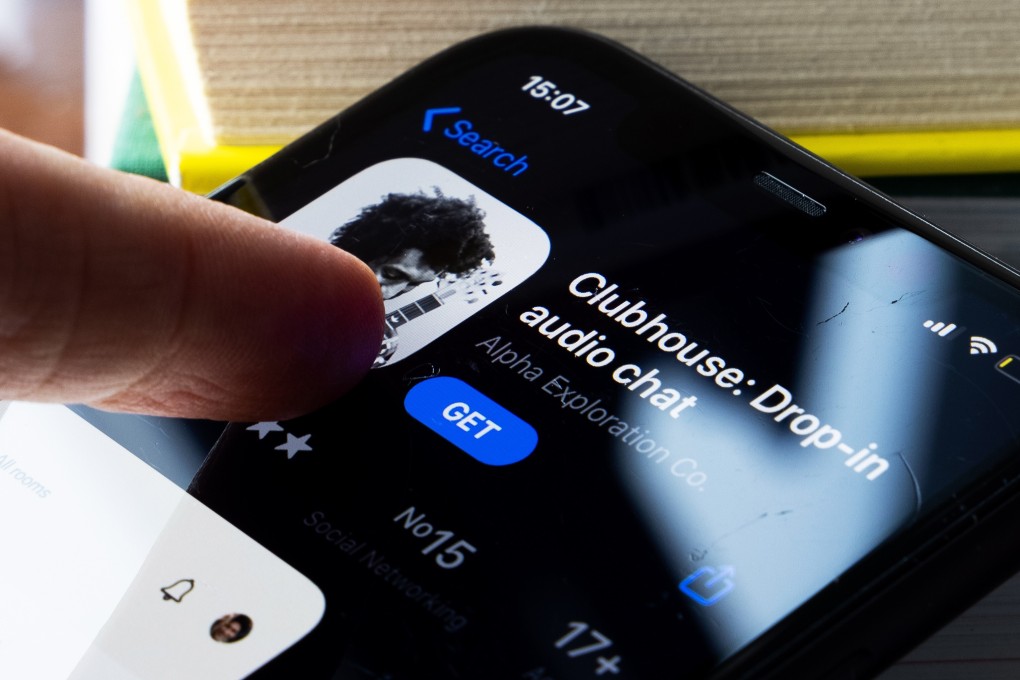As Clubhouse booms, crypto entrepreneur Justin Sun jumps into China’s growing social audio apps market
- BitTorrent owner Justin Sun invested in Two, an audio-focused social app that the entrepreneur called China’s Clubhouse
- Other audio-focused social apps have risen in popularity alongside Clubhouse’s growing visibility, including Dizhua, Tiya and Yalla

With attention on audio-focused social network Clubhouse exploding in recent weeks, Chinese entrepreneurs are racing to replicate the success of the invite-only app that has attracted interest from some of the biggest names in Silicon Valley.
One of these entrepreneurs is Justin Sun, the millennial crypto whiz who said on Twitter that he was launching China’s version of Clubhouse, called Two. However, the app actually launched last year and just recently got an investment from Sun, Chinese media iFeng reported. Unlike Clubhouse, the app is available on both Android and iOS, where it has been available at least since last August, reviews on Apple’s App Store show.
Sun is the founder of cryptocurrency platform Tron, best known for purchasing the company behind BitTorrent – the popular peer-to-peer file-sharing technology. The entrepreneur is now the latest person looking to cash in on the sudden popularity of Clubhouse.
“These days, many friends are talking about how to quickly copy Clubhouse. My feeling about it has been quite mixed,” wrote Wu Yunfei, a member of the product team behind Dizhua, an audio-focused social app incubated by knowledge sharing platform Guokr.
In a post on WeChat, Wu wrote about the appeal of using Clubhouse, explaining his experience of chatting in a room with hundreds of Chinese product managers.